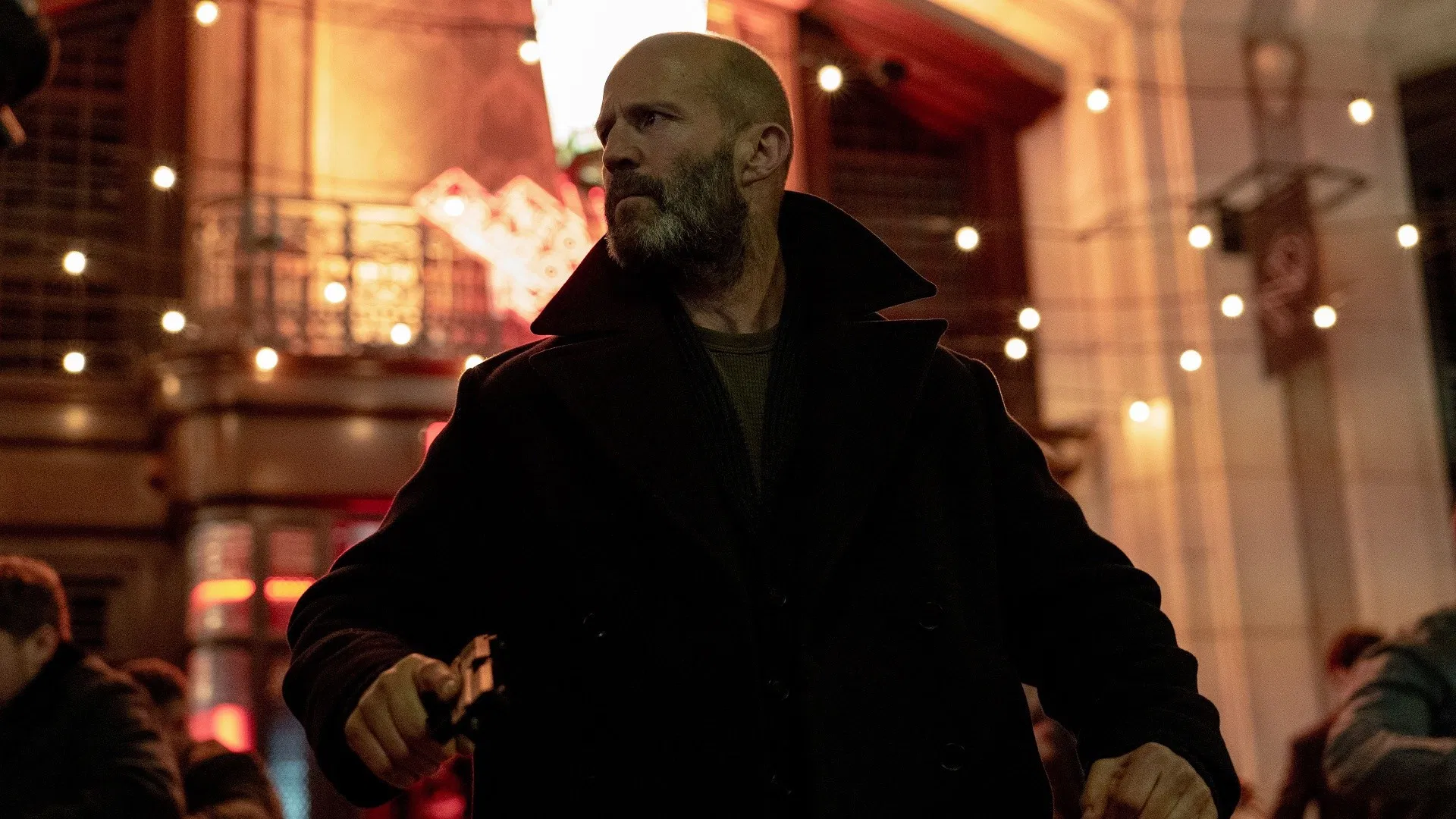‘Rewind’ REVIEW: DongYan can't save this ill-conceived redemption arc
‘Rewind’ REVIEW: DongYan can’t save this ill-conceived redemption arc
Dingdong Dantes and Marian Rivera in Rewind. Taken from the Official Trailer via YouTube.
Major spoilers for Rewind ahead.
All stories have tropes, concepts that have pre-existed and recurred in countless variations dating back to the beginning of time. A life, by its nature alone, is even bound in stages all too universal and finite. Everything has its beginnings and endings. The details in-between may vary, but with our collective histories and experiences, there will always be commonalities.
Some people have gone on to despise these tropes. I, on the other hand, have grown to think that tropes do not make films necessarily bad. They are inevitable, as previously implied, and storytellers can either dissect and turn these commonalities inside out, or simply embrace them. And for anyone who embraces the familiar, in order for them to stand among the rest, they should be intricate and thoughtful when filling in the details of a familiar story template. To quote filmmaker Jim Jarmusch: “Authenticity is invaluable; originality is non-existent.”
And yet, many Filipinos can't help but compare their fellow kababayans’ films with those being released abroad, especially when the former's concepts often share similarities with the latter's. Take Rewind for example. Some of the film’s detractors have accused the plot as a copycat of Gil Junger’s If Only that premiered in 2004. However, whether or not director Mae Cruz-Alviar and screenwriters Joel Mercado and Enrico C. Santos are influenced by the American film, I do not think Rewind’s lack of novelty is the main problem, but rather its inauthenticity.
Dantes and Rivera as John and Mary, respectively. Taken from the Official Trailer via YouTube.
Rewind revolves around the deteriorating marriage between John (Dingdong Dantes) and Mary (Marian Rivera). John is career-driven and arrogant. His ambition for the CEO position takes precedence as he’s willing to step over likely competitors, and neglects his family in the process. Mary, on the other hand, wants more in her life than a housewife. She has dreams that she has yet to reach; skills she has yet to utilize for herself and not just for her family. But due to John’s ill temper, she finds it difficult to communicate her own needs. In many ways, the nature of their relationship plays out similarly to Amanda and Julian Bartolome in Lualhati Bautista’s novel, Dekada ‘70. When John loses Mary in an accident, he is offered a deal to travel back in time to save his wife by an unexpected guest.
With that being said, this is not to say that the aforementioned inauthenticity refers to the film’s leads, Dingdong Dantes and Marian Rivera. In fact, their chemistry and screen presence together are undeniable in the film. Audiences cannot remove the thought that these two, much like the characters they play, are a real-life married couple who have already started a family together in a well-off household. If anything, this real-life element elevates their performances, with DongYan both personalizing the drama unfolding in the screenplay and imagining what must have been like if the day arrives when they finally lose each other.
But the inauthenticity that I was referring to is how Rewind tells its story and conveys its messages. For starters, it’s ironic that the film shows little interest in slowly building the relationships between the characters in the film. By the first minute, the film hastily establishes that both John and Mary are childhood sweethearts through voiceover narrations and montages, but it does not further illustrate the small intricacies that could draw them together to the point of their eventual marriage. The fact that a decades-spanning relationship is carelessly compressed to ten minutes at most makes the following narrative difficult to care about. And due to its tell-not-show storytelling, the evolution of each story arc is nothing but truncated and vague, and none of the characters ever mature out of being skeletal archetypes. The end result makes the film entirely dependent on the real-life history of DongYan filling all the blank spaces to make this underdeveloped relationship resonate with the audiences.
The film also shoehorns a subplot regarding John and his estranged father (Lito Pimentel), whom he harshly resents as a result of the latter leaving him and his mother at a very young age. Like the rest of its conflicts and their resolutions, the film quickly introduces the problem—a strained relationship between father and son—as something irreparable, and then rushes to resolve it within a couple of minutes through a montage.
And for every emotional crescendo the film is building up to, there is that dreadful overuse of Ben&Ben’s Sa Susunod na Habang Buhay. Whether it’s the actual song or an instrumental rendition, the intent is the same: to ensure that the viewers of the film will feel the aching and bittersweet sorrow that the film is trying desperately hard to evoke. But the music’s constant intrusion—sorry, inclusion—does not help the film earn the story’s crucial moments. Instead, it makes the drama feel cheaper and more counterfeit than it already is.
One of the worst possible mistakes that a film would commit is the refusal to let a scene breathe and speak for itself, and yet Rewind keeps on spelling its intention out as if it isn't obvious enough. Therefore, I find it hard to feel any sort of connection to whatever’s happening when each plot point feels contrived and superficial. The ideas are there, but their potentials are never realized.
Pepe Herrera as “Lods” (right) with Dingdong Dantes (left). Taken from the Official Trailer via YouTube.
At the halfway point, I was ready to dismiss the film as a harmless tearjerker—until Lods (Pepe Herrera) makes his first appearance.
Lods is revealed to be the film’s version of Jesus Christ, and he is the one who grants Dantes’ character, John, a deal to rewind back in time and save his wife. Initially, one would assume this is just a test by Lods, and that like most time travel stories, no matter what he changes in the past, death, grief and loss will always be inevitable and irreversible. And all the good things that he can do are to realize how futile these attempts at changes are, to accept that nothing is permanent, to learn how to be better every waking moment, to cherish those he loves while they're still here, and to live life to the fullest.
The film has a bit of those existential ruminations and time travel shenanigans, but it also inadvertently presents something a lot darker than those elements, and I don't think the filmmakers have realized this. When Lods offers the deal of rewinding, he has a condition: in order to save his wife, John must exchange another life for hers. At that point, my eyebrows have raised. I thought to myself: “Surely, this condition is also part of the test, and no one will actually die, right?”
Well, the film has other plans. Eventually, John chooses to sacrifice his own life for Mary's, and he does actually die at the end; but the most perplexing thing is that the film treats John’s death as purely a good thing. Now, don’t get me wrong, John is a detestable character—the Ebenezer Scrooge of this time-travel tale. But for a story about one's redemption—and considering the fact that his chance at redemption takes place in less than a day—the story doesn’t give John much of a chance to redeem himself, and it makes his ensuing fate feel cruel rather than something he deserves. It also leaves a few lingering questions: what if John chooses to sacrifice a different person instead of himself? Would Lods allow it? Why would Lods impose such a drastic condition in the first place? When does Jesus become the personification of death in the Bible? I guess the answers are just simply to trust in whatever Lods’ plan is.
But what bothers me the most is this: the fact that Rewind shamelessly presents this idea that a person has to die knowing that his death will inspire and improve the lives of those around him has abhorrent implications. It leaves a strong bitter aftertaste that further ruins an already unremarkable movie. It makes death seem like the only person's way to inspire change and achieve redemption from his past self, as if the film is telling audiences: “Change is a futile effort. Just die already. The world will be a better place without you, and it's part of God's plan anyway.” For a film that tries to come off as having Christian values and even haphazardly throws in a silly portrayal of Jesus for extra points, its message is shockingly nihilistic and hopeless, and it's made even weirder that the film plays it off as something uplifting and bittersweet. Even if the screenwriters replace Lods with a different mythological being, the disturbing implications of the outcome completely goes against the saccharine tone that the film is trying to go for. In short, everything about the execution just feels completely wrong.
Now, a more thoughtful version of this film would allow a more nuanced exploration and careful dissection into the more complicated concepts that would avoid oversimplification and romanticization, thereby illustrating them in a lens that doesn't see things as black and white. However, there is no Lods hanging around for the filmmakers to reverse what has been done.
Rewind is currently on its theatrical run as part of the 2023 Metro Manila Film Festival, extended until January 14.
















